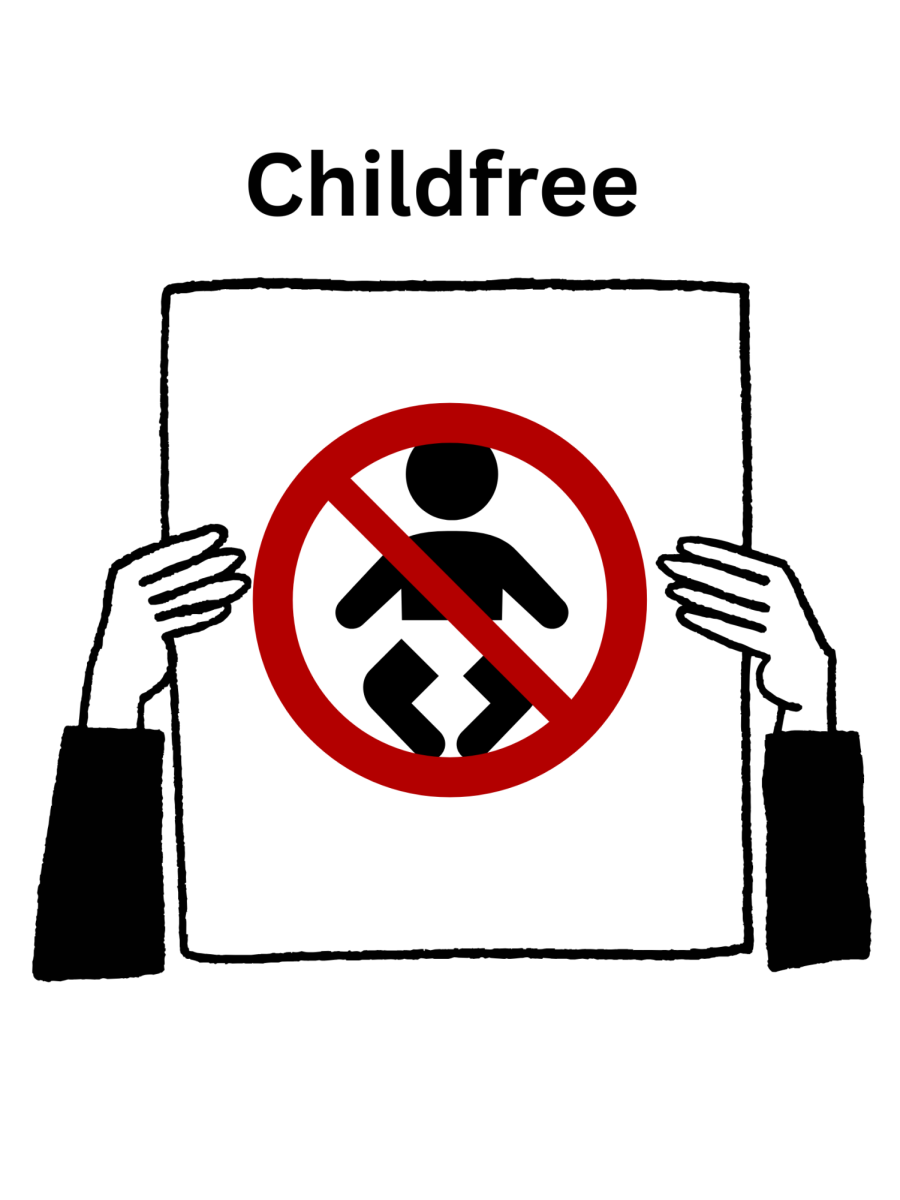By Alex Ripepi
Senior Staff Writer
The American popularization of a drug called krokodil, a flesh-eating drug that is a heroin substitute, is alarming doctors in Arizona and Chicago. The drug, which has been available in Russia for around 10 years, contains a mix of codeine, paint thinner, alcohol and gasoline according to Time Newsfeed.

A side effect of the designer drug Krokodil is necrosis of the skin.
The name of the substance comes from the brutal side effects, which include gangrene and abscessing of the skin, initially causing a green scaly texture like that of a crocodile to form. After this point, the truly horrifying effects take place, and the skin and flesh of the user begin to rot off, exposing muscle and sometimes even bone.
Why would anyone want this drug? It’s much cheaper on the street than normal heroin, according to Gawker, a breaking news blog, up to 20 times less, and in areas where the drug is popular, tolerance and cost are leading to a need for a “better” high.
While already involving one’s self in the use of dangerous substances like heroin, pushing the limit like this is purely irresponsible. The gratuitous need for a stronger hit is unacceptable in a society that is already plagued by illness, poverty and other more pressing matters that can’t be added to if we wish to fix them.
However, dangers like this one don’t only arise with the popularization of a new drug.Drugs laced with prescription medications have been exposed by the media in places all around the country, and locally, there has been at least one death related to marijuana laced with formaldehyde.
For those involved with illicit drug culture, there’s obviously a level of risk, legally and possibly health wise. However, even if the effects of the drug in general are considered,the risk extends to possible lacing of the drug somewhere down the production line.
This risk has been minimized greatly for marijuana with the use of dispensaries becoming mainstream, as well as removing the legal risk for those with medical cards.
The excuse of not having a prescription is also a flimsy one. The ease of access to one is almost comical. From “trouble sleeping” to “stomach problems,” the range of symptoms that can warrant a prescription is huge, and some are as vague if not more as the ones listed previously. But without the legal authorization, even minor drugs can still become dangerous.
This goes for unregulated substances as well. For example, spice, which is a synthetic substitute for marijuana labeled “not for human consumption” is often used in place of marijuana, and can cause some serious side effects like rapid heart rate, higher blood pressure, reduced blood supply to the heart and possibly heart attacks.
While the legal repercussions are obvious, the health risks involved in the drug culture are sometimes glossed over. If anyone involves themselves with illicit substances, precautions must be taken, regardless of the legal impacts.









